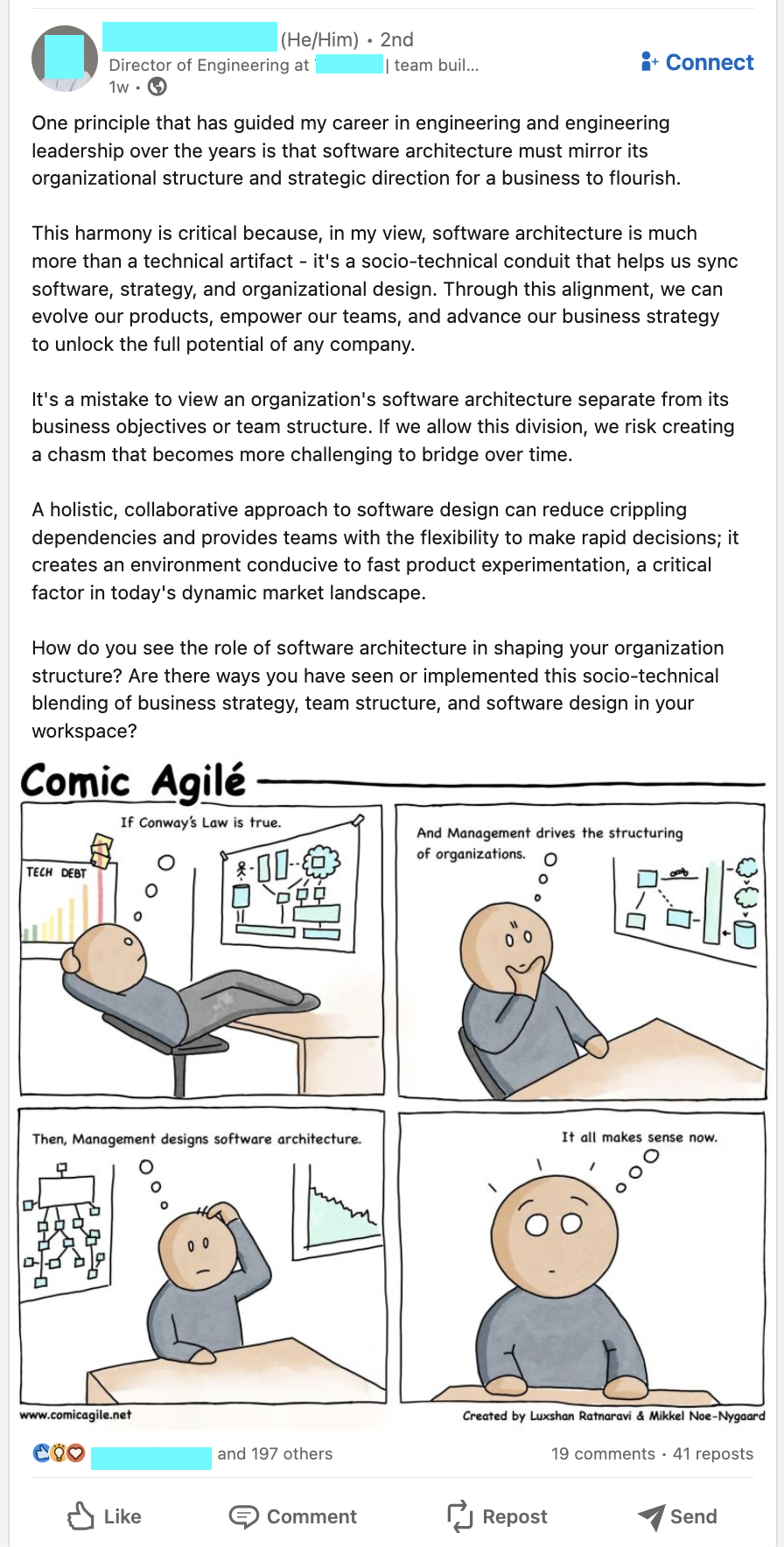:(
thanks_shakey_snake
I interpreted "it" in the post title as referring to Linux. Firefox is "just a browser," but Linux is not.
Good to know you can just nope the PSN login. I haaaate games requiring accounts for single-player experiences, but if you can just say no, I don't resent them asking as much.
It's not ideal to need a launcher
So... I guess GoG is ideal then, because you don't need a launcher for GoG games. You download the installers and boot up the game directly. I often get Steam to launch them instead, for the controller support. The GoG launcher is strictly optional.
Mostly stuff with beans.
I cast Pass Without Trace
Playing Diplomacy I'm pretty sure violates the Geneva convention.
Yep, you did it-- Mint is the right answer!
Damn okay well if the hackers are at that level I guess you're just screwed.
Mine is not a Tesla, and its range is exaggerated... Or at least its range has a hidden asterisk that would read "under ideal conditions with a gentle driving style." It self-adjusts based on my recent driving history, and I mostly don't let the battery get low enough that I have to care about how precise it is... But it definitely skews heavily optimistic, especially when I first bought the car. It's roughly the same in that regard as a Tesla is, according to the Tesla drivers I know.
Whoa really? How did you figure it out? I'd love to do that with my car, even if it's a pain.

Kids today something something attention spans what with the social media grumble grumble back when I was that age, dammit.